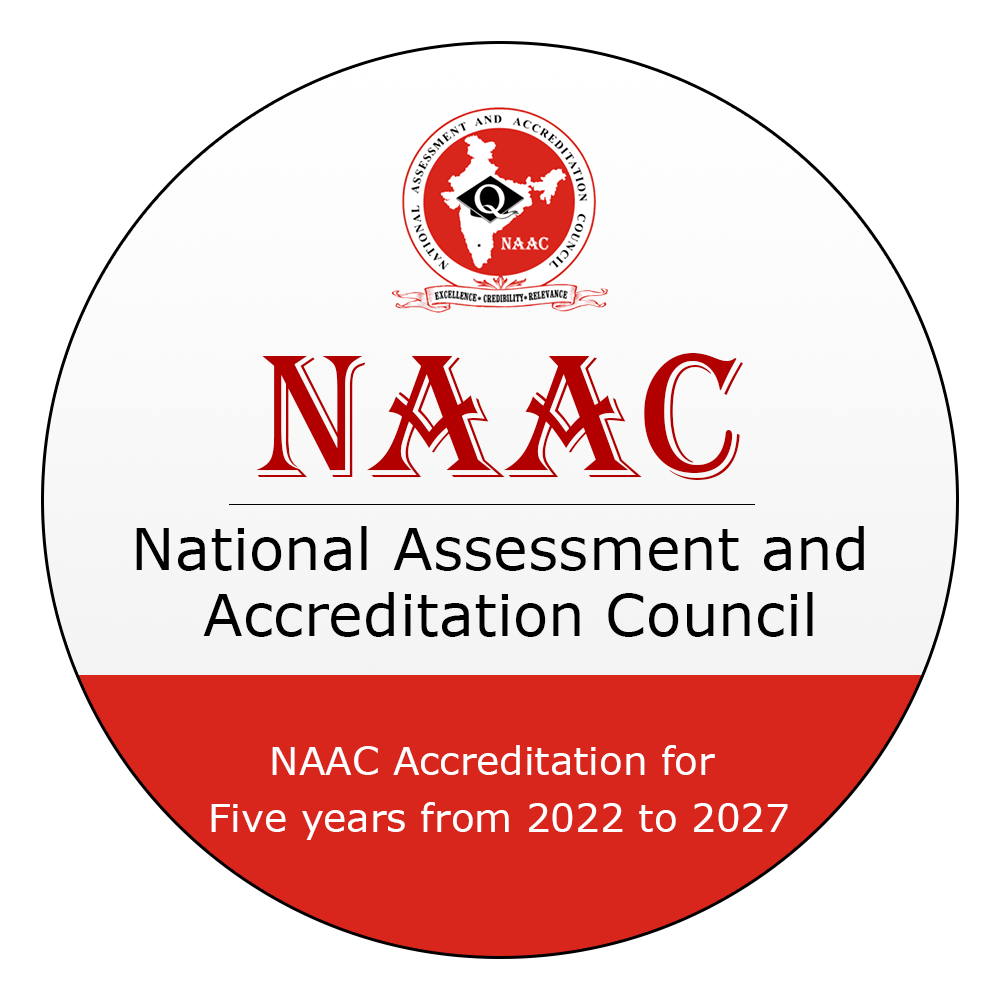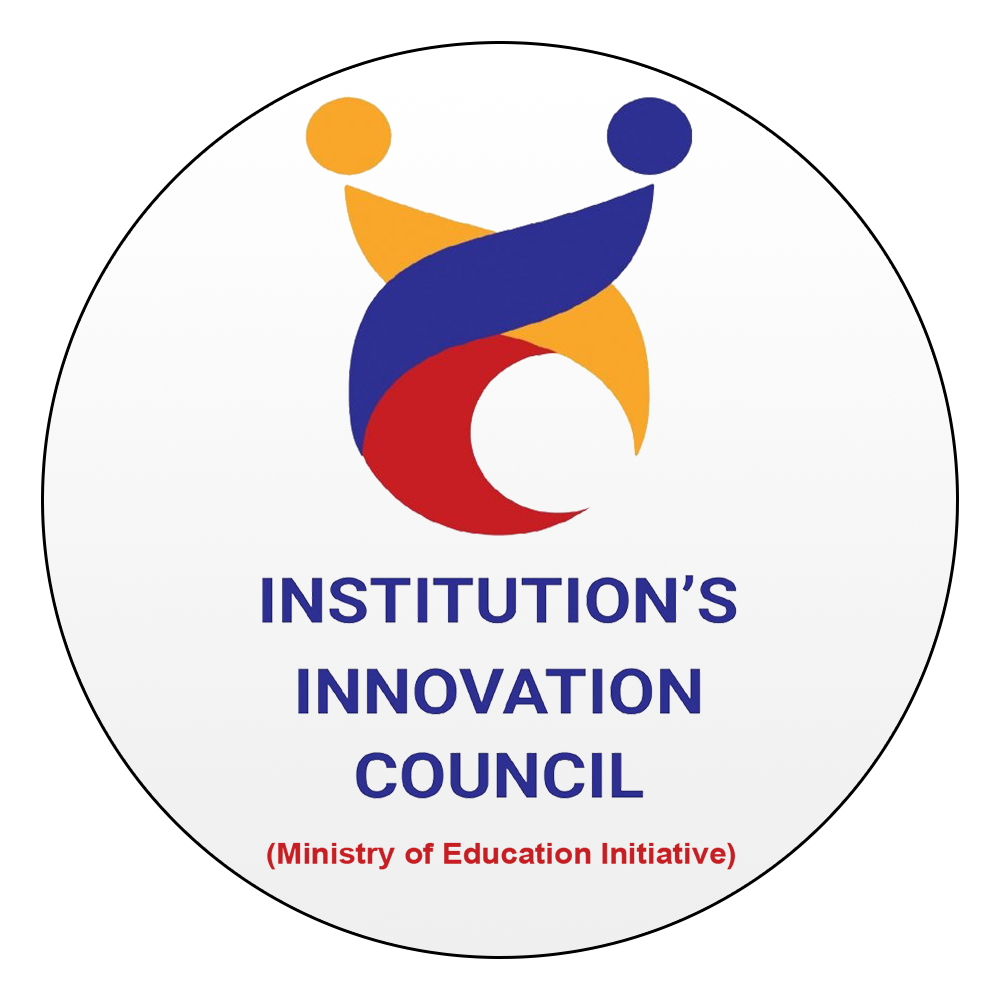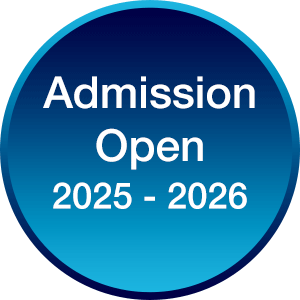ABOUT THE DEPARTMENT
The Department of Electronics and Communication Engineering (ECE) was established in the year 1995 with the vision of developing the department as a Centre of Excellence in R&D, in the field of Electronics and Communication Engineering and make the students blossom into meritorious and self-disciplined engineers by hard work.
Our mission is to develop innovative and simple instructional material to drive the concepts into the minds of students and infuse scientific temper in the students and guide them towards research in communication engineering. It is also to grow a committed group of competent teachers striving for excellence, be it in teaching or research and to develop Collaborative Research and Development linkages with leading organizations in India and abroad.
The Department has been accredited by NBA (National Board of Accreditation) in the year 2011. It is also ISO9001 certified. The department is well-equipped with the state-of-art laboratories.
Our department as consistently accomplished a high academic record for all these years, with more than 60% of them securing first class with distinction. They also secure university ranks on regular basis. The overall result of our department is one amongst the best in the university.
For encouraging para technical activities, the Association of Electronics and Communication Engineering has been established.
The students are also encouraged to participate in paper presentation, quiz programme and Project exhibition organized by other educational intuitions. The staffs are sponsored to participate in the seminars, conferences and other short term training programmes organized by AICTE, ISTE etc to update their knowledge in the subject.
PROGRAMME EDUCATIONAL OBJECTIVES (PEOs):
- To enable graduates to develop solutions to real world problems in the frontier areas of Applied Electronics.
- To enable the graduates to adapt to the latest trends in technology through selflearning and to pursue research to meet out the demands in industries and Academia.
- To enable the graduates to exhibit leadership skills and enhance their abilities through lifelong learning.
- To become entrepreneurs to develop indigenous solutions.
PROGRAM OUTCOMES (POS):
- Engineering Knowledge:Engineering Knowledge: Apply the knowledge of mathematics, science, engineering fundamentals and an engineering specialization to the solution of complex engineering problems.
- Problem Analysis:Identify, formulate, review research literature, and analyze complex engineering problems reaching substantiated conclusions using first principles of mathematics, natural sciences, and engineering sciences.
- Design / Development of solutions:Design solutions for complex engineering problems and design system components or processes that meet the specified needs with appropriate consideration for the public health and safety, and the cultural, societal, and environmental considerations.
- Conduct investigations of complex problems:Use research-based knowledge and research methods including design of experiments, analysis and interpretation of data, and synthesis of the information to provide valid conclusions.
- Modern tool usage:Create, select, and apply appropriate techniques, resources, and modern engineering and IT tools including prediction and modeling to complex engineering activities with an understanding of the limitations.
- The engineer and society:Apply reasoning informed by the contextual knowledge to assess societal, health, safety, legal and cultural issues and the consequent responsibilities relevant to the professional engineering practice.
- Environment and sustainability:Understand the impact of the professional engineering solutions in societal and environmental contexts, and demonstrate the knowledge of, and need for sustainable development.
- Ethics:Apply ethical principles and commit to professional ethics and responsibilities and norms of the engineering practice.
- Individual and team work:Function effectively as an individual and as a member or leader in diverse teams, and in multidisciplinary settings.
- Communication:Communicate effectively on complex engineering activities with the engineering community and with society at large, such as, being able to comprehend and write effective reports and design documentation, make effective presentations, and give and receive clear instructions.
- Project management and finance:Demonstrate knowledge and understanding of the engineering management principles and apply these to one’s own work, as a member and leader in a team, to manage projects and in multidisciplinary environments.
- Life-long learning:Demonstrate knowledge and understanding of the engineering management principles and apply these to one’s own work, as a member and leader in a team, to manage projects and in multidisciplinary environments.
PROGRAM SPECIFIC OUTCOMES (PSOs):
- To critically evaluate the design and provide optimal solutions to problem areas in advanced signal processing, Consumer and automotive systems, embedded systems and VLSI design.
- To enhance and develop electronic systems, protocols between circuits using modern engineering hardware and software tools.
- To work professionally and ethically in applied electronics and related areas.
- To acquire knowledge of fundamentals of power electronics, power management, wireless, power supply circuits, RF circuits and FPGA circuits.
Programmes offered by the Department are :
- B.E. in Electronics and Communication Engineering
- M.E. in Applied Electronics
Student Namelist
| S.NO | REGISTER NUMBER |
|---|---|
| 1 | 110821401001 |
| 2 | 110821401002 |
| 3 | 110821401003 |
| 4 | 110821401004 |
| 5 | 110821401005 |
| 6 | 110821401006 |
| 7 | 110821401007 |
| 8 | 110821401008 |
| 9 | 110821401009 |
| S.NO | REGISTER NUMBER | NAME OF THE STUDENT |
|---|---|---|
| 1 | 110820401001 | VANA SUNDARI.M |
| 2 | 110820401002 | YOGESH RAJ.N.S |
| S.NO | REGISTER NUMBER | NAME OF THE STUDENT |
|---|---|---|
| 1 | 110818401001 | PAVITHRA.M |
| 2 | 110818401002 | PREMILA DEVI |
| 3 | 110818401003 | SANGEETHA.F |









For Online Grievance : onlinegrievance@jec.ac.in